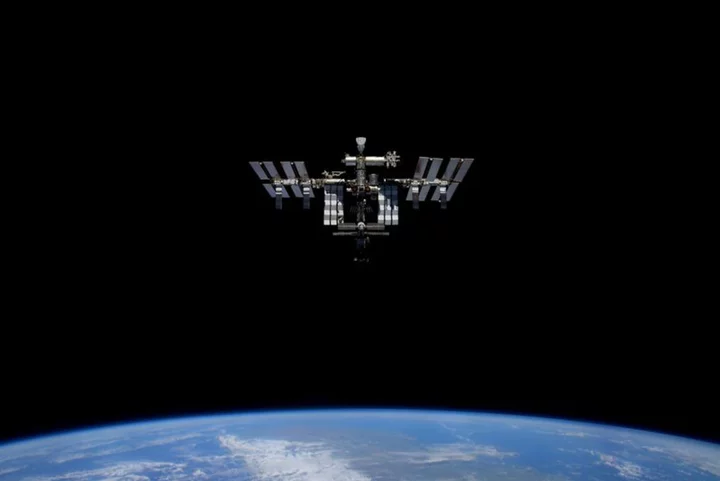
Study reveals how immune system of astronauts breaks down
By Will Dunham WASHINGTON Evidence is growing about the many ways that traveling in the microgravity environment of
1970-01-01 08:00

Our nearest supermassive black hole ‘became active’ and became a million times intense, scientists say
Our nearest supermassive black hole awoke from a “period of dormancy”, becoming a million times more intense, scientists have said. The supermassive black hole, known as Sagittarius A*, sits at the heart of the Milky Way and is about four million times more massive than the Sun. About 200 years ago, it ate cosmic objects that got too close to it and became vastly more bright, scientists found. The increase in brightness is as if a single glow-worm hidden in a forest suddenly became as bright as the Sun, according to researchers. The intense event was discovered by scientists who picked up an X-ray “echo” from the event. It also explains the intense bright shine of galactic molecular clouds around the black hole – scientists say they are reflecting those X-rays that came out of the black hole towards the start of the 19th century. The work is described in a new paper, ‘X-ray polarization evidence for a 200 years-old flare of Sgr A*’, published in Nature. Read More Jupiter is struck by neon green lightning bolt in stunning Nasa photo Humans have affected the Earth’s rotation, scientists say First disabled astronaut says his selection sends ‘powerful message’
1970-01-01 08:00

Ball Corp considers options for aerospace unit
Ball Corp, the world's largest supplier of beer cans, said on Tuesday it was considering options for its
1970-01-01 08:00
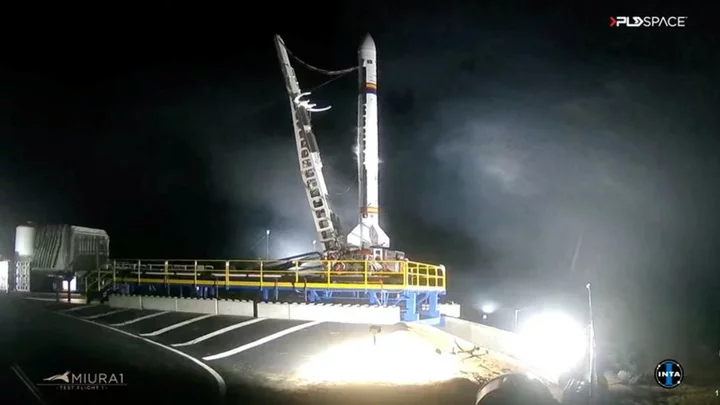
Spain's PLD Space aborts test rocket launch -webcast
Spanish startup PLD Space aborted a test launch of its reusable Miura-1 rocket at the last moment early
1970-01-01 08:00
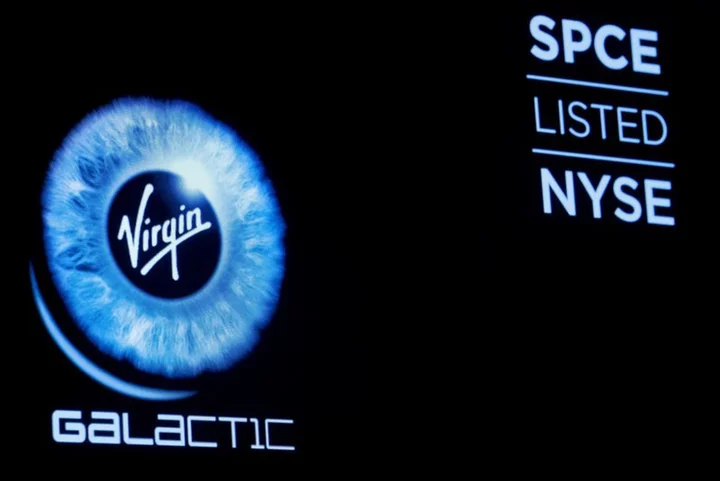
Virgin Galactic plans first commercial spaceflight in June, shares jump
Virgin Galactic Holdings, the space tourism firm founded by Richard Branson, said on Thursday its first commercial spaceflight
1970-01-01 08:00
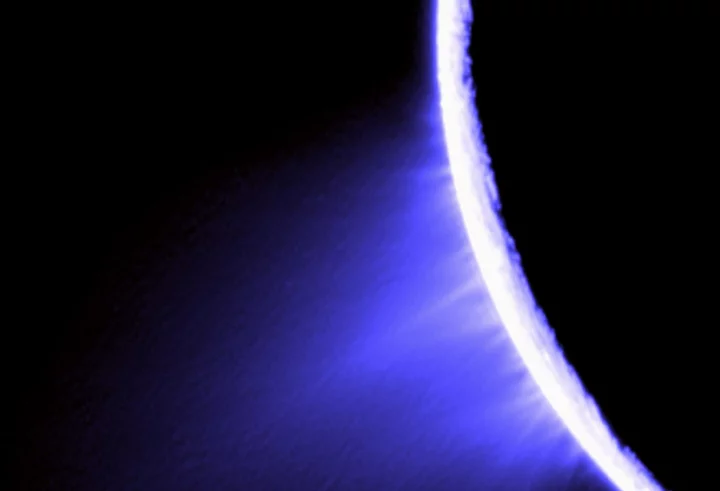
Major finding on Saturn moon boosts hope for finding alien life nearby
Phosphates have been found on Saturn’s moon Enceladus, in a new breakthrough discovery that boosts hopes for finding alien life in our solar system. It is the first time phosphorus has been found in an ocean beyond those on Earth, and marks a major development in our understanding of other ocean worlds. Enceladus is one of the most likely hopes for finding nearby extraterrestrial life. While its outside is wrapped in an ice crust, underneath is a global ocean that could be a home for alien life. Some of that ocean spews up and out of the surface of Enceladus, in the form of vast plumes. Scientists have been able to examine those plumes to better understand the ocean itself, including in the new study. Researchers in the latest study used data from the Cassini mission – which flew around Saturn and Enceladus – to find out what the oceans are made up of. They not only found phosphorus, but data suggested that it could be there are concentrations at least 100 times higher than in Earth’s oceans. What’s more, modelling based on the new data suggests the same could be true for other ocean worlds, potentially boosting the chances of alien life there, too. Phosphorus is not in itself evidence of life. But on Earth, the presence of phosphorus compounds in water are crucial for biological activity, and so it is a key part of evaluating whether a distant world might support life. The work is described in a new paper, ‘Detection of phosphates originating from Enceladus’s ocean’, published in Nature. The breakthrough is just the latest in a series of findings from Enceladus. Recently, scientists found that the moon’s plumes were particularly vast, shooting out 20 times the length of the planet itself and with enough water to fill an olympic swimming pool in a couple of hours. Unlike the new phosphorus findings, which relied on the Cassini spacecraft sent by Nasa to Saturn, that work was conducted by the James Webb Space Telescope, which scientists hope will allow us to understand the distant moon in much more detail. Read More Watch: Strawberry moon lights up skies over UK Nasa invites public to sign ‘message in a bottle’ that will fly to Jupiter’s moon Watch as astronauts step out of ISS for latest spacewalk
1970-01-01 08:00

Ronda Rousey Wrestled Marshawn Lynch on Mars
VIDEO: Ronda Rousey versus Marshawn Lynch... on MARS?
1970-01-01 08:00

Geminids meteor shower began life in a ‘violent catastrophe’, scientists say
The Geminids meteor shower began in a “violent catastrophe”, scientists have found. Every winter, the world is delighted by the meteor shower, which brings some of the most intense display of ‘shooting stars’. But that spectacle has been rivalled by its mystery. The Geminids are unusual in that most meteor showers are created when a comet leaves behind a tail of ice and dust – but the Geminids come from an asteroid, which do not usually leave behind a tail. Asteroids are chunks of rock and metal flying around in space. The Geminids appear to originate with one called 3200 Phaethon, which for an unexplained reason is affected by the Sun and leaves behind a stream across the night sky. “What’s really weird is that we know that 3200 Phaethon is an asteroid, but as it flies by the Sun, it seems to have some kind of temperature-driven activity,” said Jamey Szalay, research scholar at the Princeton University space physics laboratory and co-author on the paper. “Most asteroids don’t do that.” Attempts to solve that mystery have struggled in part because the meteor shower has only been observed from Earth. Now, however, researchers using Nasa’s Parker Solar Probe have been better able to examine the the Geminids. They suggest that a violent, catastrophic event gave rise to the meteor shower. That could have been a high-speed collision with another object in space, for instance, or a gaseous explosion. Some researchers have previously suggested that 3200 Phaethon might really be a comet, and that it lost its snow to leave behind just a rocky core that looks like an asteroid. But the new study makes clear that the origins of the meteor shower are much more dramatic than that. In an attempt to understand the meteor shower, researchers simulated three possible formation scenarios and then compared them with models based on observations from the Parker Solar Probe. That included a less violent scenario, a more violent one, and another that was in line with a comet. When they compared those scenarios with the actual observations, they found that the violent one was the most similar. That suggests that it was the result a collision or similar dramatic event. Researchers still do not know for sure what happened. But the new study helps narrow down the possibilities – as well as shedding more light on such events in space. The findings are published in a new article, ‘Formation, Structure, and Detectability of the Geminids Meteoroid Stream’, published in Planetary Science. Read More Watch live as astronauts step out of ISS for latest spacewalk Major finding boosts hope for finding alien life in our solar system Astronomers find rare planet circling two stars like Star Wars’s Tatooine
1970-01-01 08:00

Major finding on Saturn’s moon Enceladus boosts hope for finding alien life in our solar system
Phosphates have been found on Saturn’s moon Enceladus, in a new breakthrough discovery that boosts hopes for finding alien life in our solar system. It is the first time phosphorus has been found in an ocean beyond those on Earth, and marks a major development in our understanding of other ocean worlds. Enceladus is one of the most likely hopes for finding nearby extraterrestrial life. While its outside is wrapped in an ice crust, underneath is a global ocean that could be a home for alien life. Some of that ocean spews up and out of the surface of Enceladus, in the form of vast plumes. Scientists have been able to examine those plumes to better understand the ocean itself, including in the new study. Researchers in the latest study used data from the Cassini mission – which flew around Saturn and Enceladus – to find out what the oceans are made up of. They not only found phosphorus, but data suggested that it could be there are concentrations at least 100 times higher than in Earth’s oceans. What’s more, modelling based on the new data suggests the same could be true for other ocean worlds, potentially boosting the chances of alien life there, too. Phosphorus is not in itself evidence of life. But on Earth, the presence of phosphorus compounds in water are crucial for biological activity, and so it is a key part of evaluating whether a distant world might support life. Read More Astronomers find rare planet circling two stars like Star Wars’s Tatooine Elon Musk to launch biggest ever rocket after dramatic failure US government contradicts whistleblower’s claims of possible ‘non-human’ material
1970-01-01 08:00

Spanish rocket company PLD Space signs deal with France's Arianespace
MADRID Spanish startup PLD Space has signed an agreement with France's Arianespace to develop joint services to launch
1970-01-01 08:00
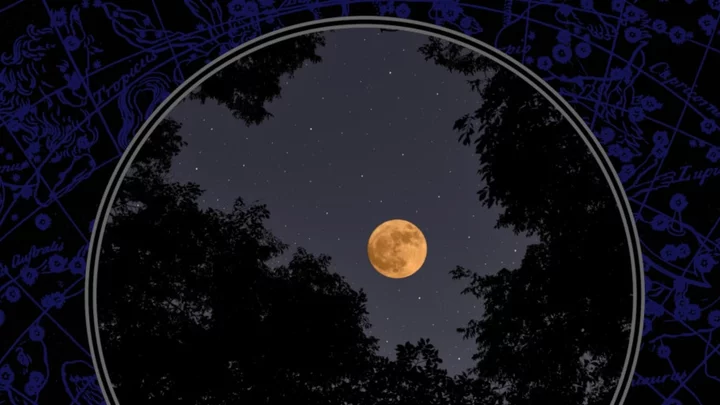
A Super Buck Moon Will Coincide With July 4 Fireworks This Summer
This summer's fireworks will have to compete with another spectacle in the night sky—a super buck moon.
1970-01-01 08:00

Elon Musk to launch biggest ever rocket after dramatic failure
SpaceX will attempt to launch its Mars-bound Starship rocket within the next eight weeks, Elon Musk has announced. It will be the second time SpaceX has attempted an orbital launch of its Starship system, which is the biggest and most powerful rocket ever developed. The first attempt at an orbital Starship launch took place in April, ending in a dramatic explosion just minutes after lift-off. Responding to a request on Twitter for an update on Starship, Mr Musk said the next test would be in “6 to 8 weeks”. The SpaceX boss has previously said that he hopes to build an entire fleet of Starship rockets in order to transport people and cargo across the Solar System. The private space company has already signed a mult-billion dollar deal with Nasa to use Starship for its Artemis programme, which aims to return humans to the Moon within the next few years. The launch site for the next orbital flight test will be from SpaceX’s Starship facility in Texas. If successful, the rocket will then complete a 90 minute journey around the Earth before touching down off the coast of Hawaii. No crew will be aboard the stainless steel Starship, which stands 120 metres tall and is capable of 16.7 million pounds of thrust – twice the power of the Saturn V rocket that took humans to the Moon. The size of the rocket, which has two main stages, means it is powerful enough to lift up to 250 tons into orbit, or carry 100 people on a trip to Mars. Read More Elon Musk eyes ‘highly habitable’ planet that’s ‘practically next door’
1970-01-01 08:00
